英書52冊チャレンジの12冊目に選んだ、Anti-Japanという本を読み終わりました。
11冊目に読んだ、Assia’s Reckoningと合わせ、日本のアジア植民地化と、敗戦後の隣国との関係を日本人の視点ではなくて、アメリカ人の視点で学ぶことができました。
中国や韓国では、日本の侵略を知らない世代に対しても、学校教育で日本が彼の地で何をしたのかを克明に教え、また、中国ではプロパガンダとして、いまだに、植民地時代の日本兵や日本軍を悪者にしたドラマが多く作られ人気を博しています。
一方、日本では、学校教育において、植民地において日本軍が行った蛮行などは教えられことはなく、なぜ戦後80年近く経っているのに、日本はまだ謝り続けなくてはいけないのか不思議に思っている人が多いのが事実だと思います。
私自身、これらの本を読んで率直に思ったことは、歴史というのは国によって見方が全く異なるという当たり前のことでした。
なので、中国や韓国と日本が同じ価値観を持ち、理解し合うのは簡単ではなく、そもそも、そんなに仲良くする必要があるのかと思っている日本人が多いのだと思います。
ただ、国や政府レベルでなくて、個人レベルでは、日本のアニメや韓流ブーム、中国人の爆買いツアーなどのおかげで、嫌悪感情は薄らいでいるのではないでしょうか。
私自身は、引き続き、日本の近代史や、アジア隣国との関係に関する英書を読んで、日本が世界から理解されるために何ができるのかを考えていきたいと思います。
ちなみに、今働いている会社では、多くの中国人、韓国人の同僚と一緒に働いていますが、彼らの優秀ぶりにはいつも見習うべきことが多く、このままでは日本はどんどんとアジア隣国に置いていかれてしまうという危機感を持っています。
(English)
I have finished reading Anti-Japan, the twelfth book in the 52-book English book challenge.
Together with Assia’s Reckoning, the 11th book I read, I learned about Japan’s colonization of Asia and its relationship with its neighbors after its defeat, not from a Japanese perspective but from an American one.
In China and South Korea, the Japanese invasion is taught in detail in school education, even to a generation unaware of the Japanese invasion. In China, many dramas are still produced and popular as propaganda, demonizing Japanese soldiers and the Japanese military during the colonial period.
On the other hand, in Japan, the barbaric acts of the Japanese military in the colonies are not taught in school education, and many people wonder why Japan still has to apologize almost 80 years after the war.
I myself frankly felt, after reading these books, that it is a matter of course that history is viewed in completely different ways in different countries.
Therefore, it is not easy for China and Korea and Japan to have the same values and understand each other, and I think that many Japanese people wonder if they need to be so friendly in the first place.
However, on an individual level, rather than on a national or governmental level, I believe that dislike for Japan has diminished thanks to the Japanese anime and Korean boom, as well as the Chinese shopping spree.
As for myself, I will continue to read English-language books on Japan’s modern history and its relations with its Asian neighbors and think about what Japan can do to be better understood by the rest of the world.
Incidentally, I work with many Chinese and Korean colleagues at the company where I work now, and I always have much to learn from their excellence, and I have a sense of crisis that Japan will be left behind by its Asian neighbors more and more if this situation continues.
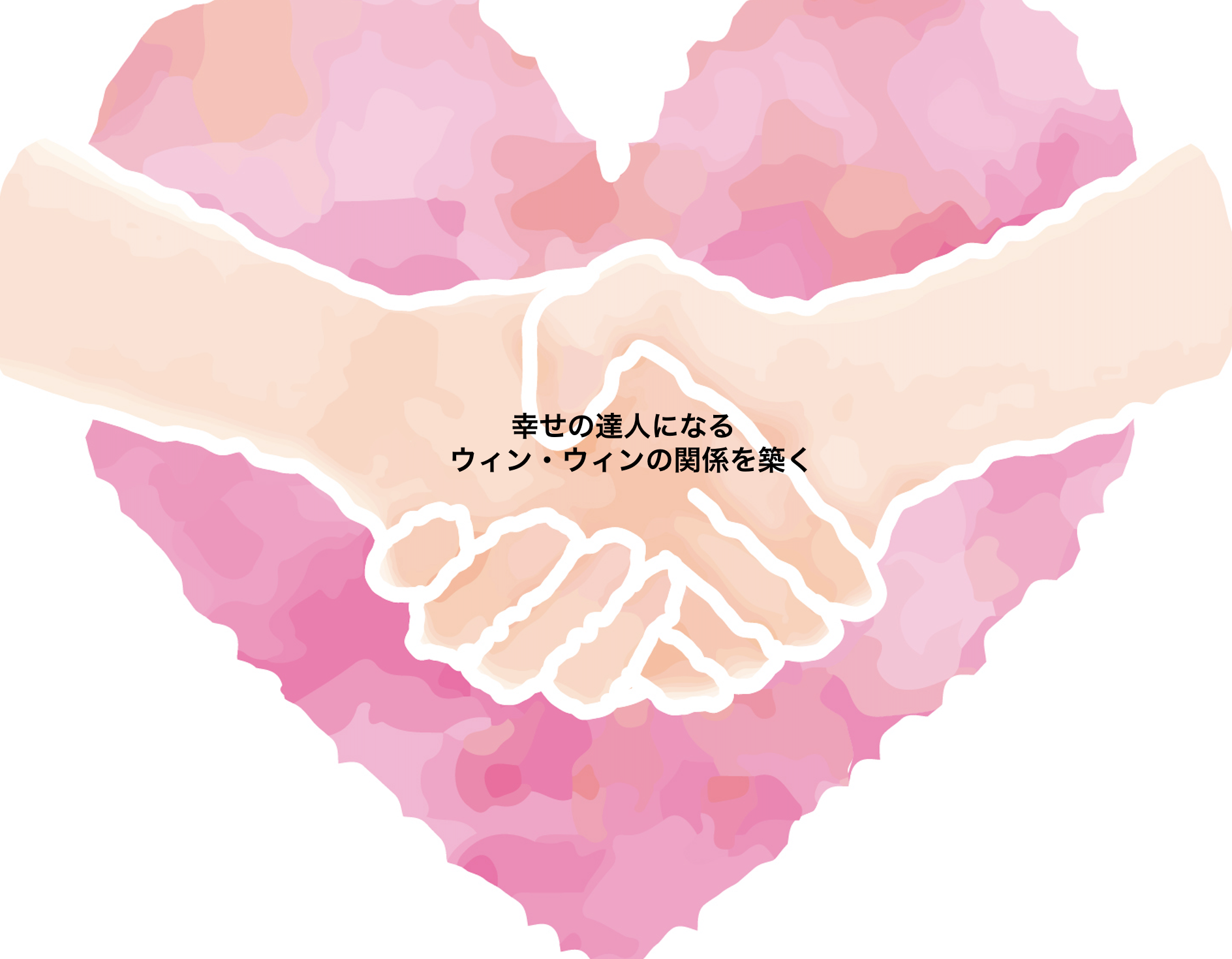


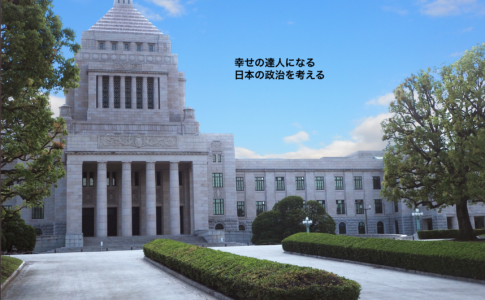

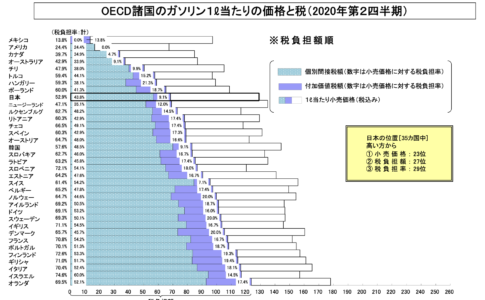
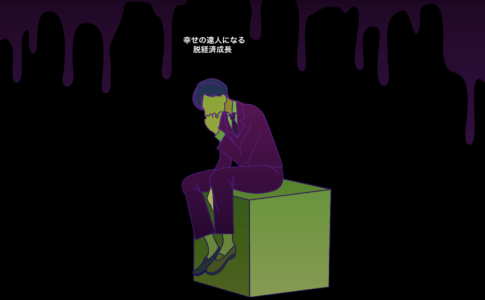
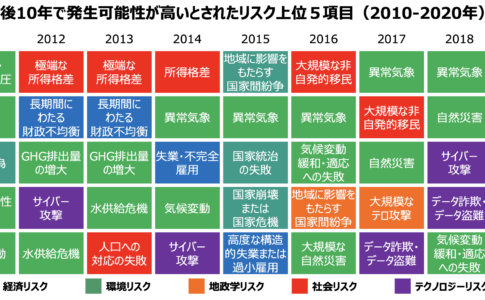
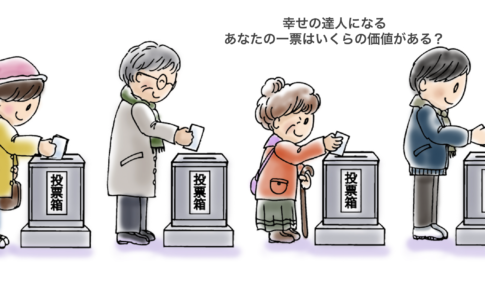
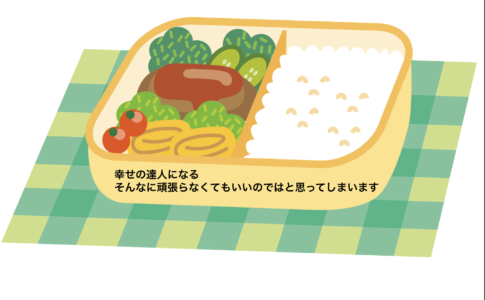
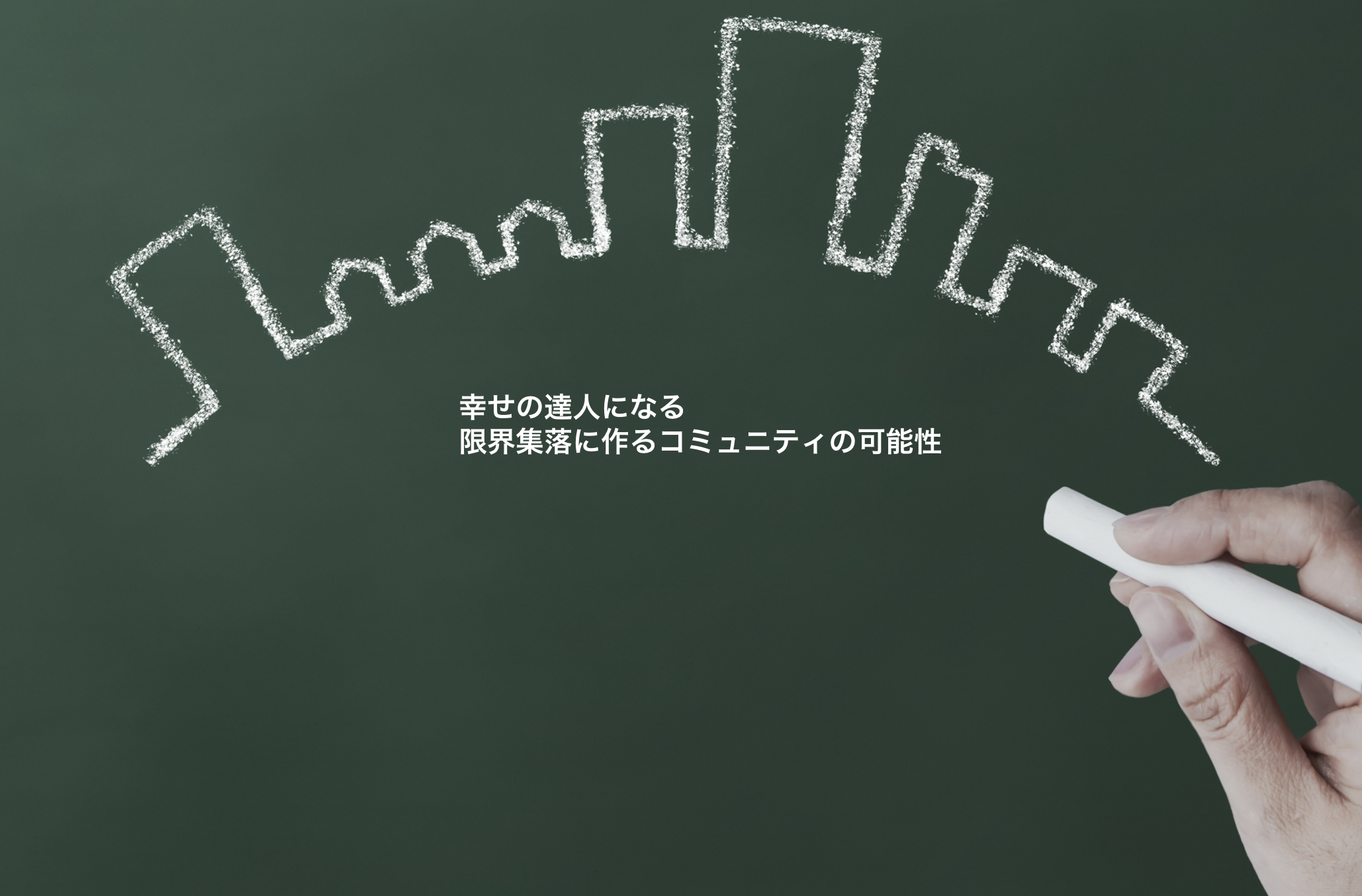
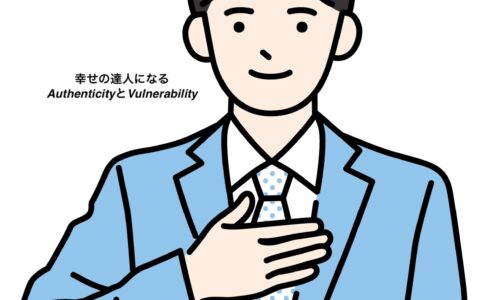
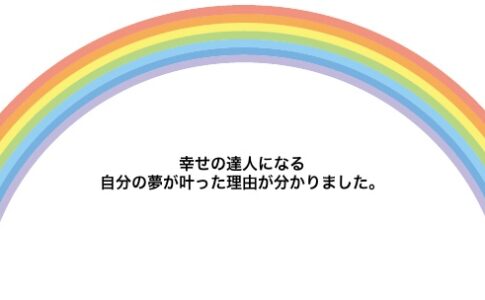
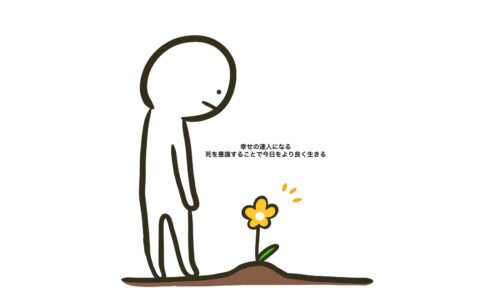
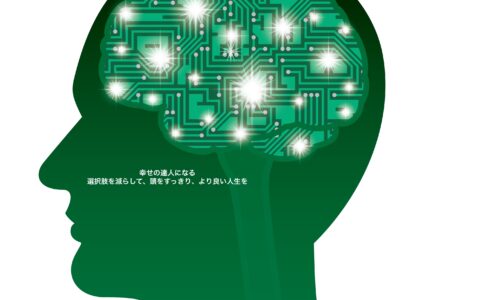

お互いに相容れないものがあったとしても、相手を尊重して、ウィン・ウィンの関係を築くことはできます。相手に求めすぎず、ある意味ドライな関係で利用し合うほうが健全であると外資系の会社で働いて気がつきました。